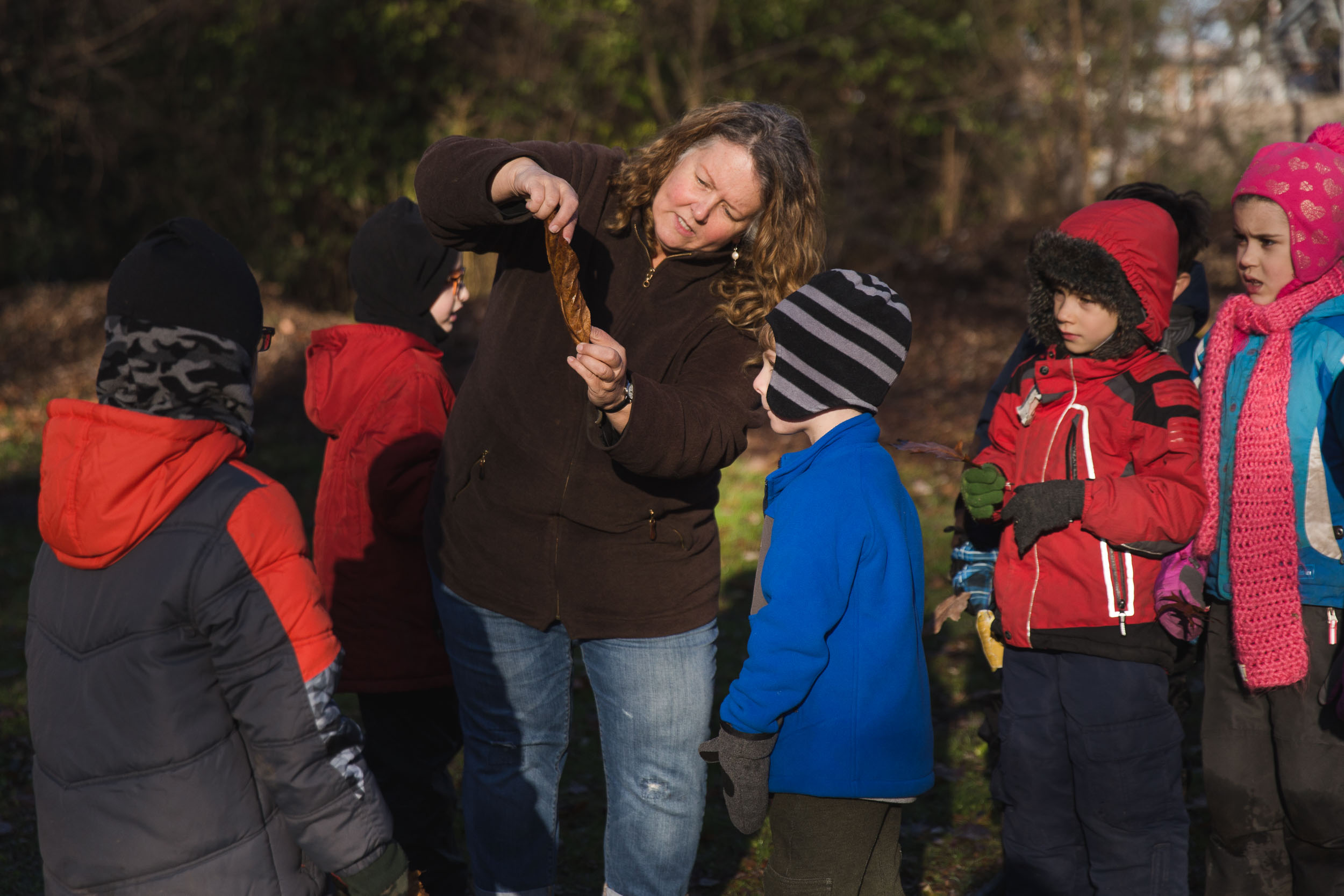Placed-Based Education
Place-based education is about connecting children with their natural environment.
Place-based education at Prairie School of DuPage uses what is local—the unique environment, community, culture, and history of a specific place as a foundation for literacy, mathematics, social studies, science, as well as other subjects. Place-based education encourages teachers and students to use the school grounds, community, public lands, and other special places as resources, turning communities into classrooms. Beginning with an inquiry, lessons are project-focused, inherently personalized by teachers and students, and lead to problem solving, critical thinking, and authentic learning.
The place-based educational philosophy was developed initially by The Orion Society, a Massachusetts based environmental education organization, publisher, and support network for grassroots environmental and community organizations across the US., as well as Professor David Sobel, Project Director at Antioch University New England.
At Prairie School of DuPage, the classroom can be anywhere, a formal classroom, under a tree, a garden, a park or museum.
Elementary students often lose their “sense of place” through focusing too quickly or exclusively on national or global issues and information. This is not to say that global or domestic issues are peripheral to place-based education. Rather, local and personal experiences are a starting point for understanding regional, national and global issues, and empower students to make positive changes in their own communities.
“If we want children to flourish, to become truly empowered, let us allow them to love the earth before we ask them to save it.”






